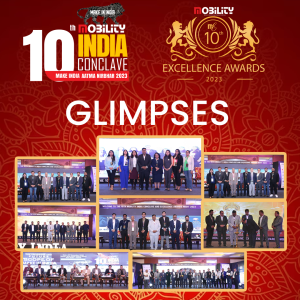Tata Communications announced the results of its global report, titled ‘Connected World II,’ which reveals that 82% of surveyed Indians admit to a ‘Fear of Missing Out’ (FOMO) when not connected to the Internet, the highest percentage globally. Despite the nation’s dependence on all things digital, 60% of Indians surveyed equate the Internet with the World Wide Web; showcasing a gap in the actual understanding of the Internet. The report captures responses from 9,417 internet users across six emerging and developed countries – France, Germany, India (2,117), Singapore, the US, and the UK – to better understand how users engage and connect with the Internet today.
The impact of the Internet on global economies is phenomenal. About 2.5 billion people are connected to the Internet today, that’s a third of the world’s population. By 2020, the number of connected devices is expected to rise to 26 billion. With so many users checking in online each day, it may come as a surprise that there is still a huge gap in the public’s knowledge and understanding of the Internet. Only half of all global respondents accurately identify where the Internet resides (in network connected data centers), while 82% do not know that the fastest mode of internet delivery to their devices is through sub-sea cables. The good news is that surveyed Indians have an edge over their global counterparts when it comes to their understanding of the Internet with around 30% stating that sub-sea cables are the fastest way to deliver the Internet, compared to 18% globally. Moreover, 60% of surveyed Indians identify network connected data centers as the correct source of the Internet, compared to 51% globally.
“The Internet has truly changed the way we function. As technologies evolve and adapt, there is a huge potential for the Internet to affect different aspects of life, economy and society. The use of these technologies will continue to expand in unexpected ways, and organizations will need to continuously explore, adapt and embrace new digital realities to thrive in,” says Julie Woods-Moss, Chief Marketing Officer and CEO of Tata Communications’ Nextgen Business. “A better understanding of the Internet is likely to improve the appreciation of the Internet and its capabilities leading to new and innovative ways to incorporate digital resources into daily activities.”
The study also reveals that Asian respondents appear to be the most ‘internet dependent’ with less than half of surveyed Singaporeans and Indians capable of lasting up to 12 hours without internet access compared to 86% of German, 77% of French, 75% of US and 70% of UK respondents.




